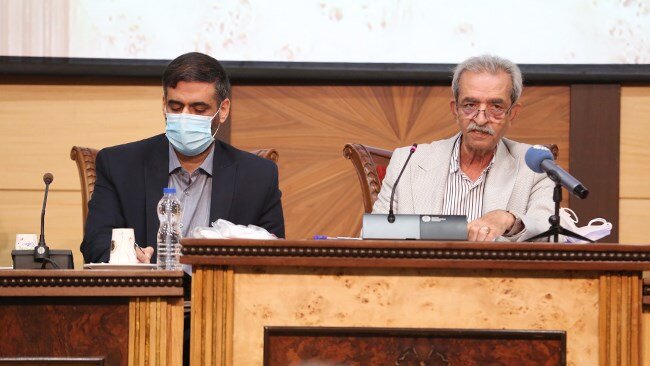TEHRAN – The 21st meeting of the Council of Representatives of the Iranian Chamber of Commerce, Industries, Mining and Agriculture (ICCIMA) was held on Sunday to discuss appropriate economic strategies for the post-sanctions era, reported the ICCIMA portal.
The main objective of this meeting, chaired by the head of ICCIMA, Gholam-Hossein Shafeie, was the promotion of the development economy and also the expansion of the country’s foreign trade through free and special economic zones.
Speaking at the meeting, the head of ICCIMA referred to the developments made during the talks in Vienna and the possibility of reaching an agreement and explained some points that should be taken into account by the government in view of the sector. private after the lifting of sanctions.
“[If the sanctions are lifted] we should change the approach to economic management of the country in favor of development economics, which has been largely lacking in the country’s economy over the past decade,” he said.
“It is feared that this temporary opportunity [the lifting of sanctions] will be wasted like the experience of the first round of the talks, so the private sector will suggest some measures to put on the government’s agenda in the short to medium term,” Shafeie added.
According to the official, the management of foreign exchange resources, the sustainable supply of basic goods and raw materials, the fight against inflation, the development of production, the modification of rules and regulations and the promotion of exports not companies should be among the government’s top priorities when sanctions are lifted.
Elsewhere in the meeting, the head of ICCIMA welcomed Saeed Mohammad, the secretary of Iran’s High Council for Free Zones, and mentioned some of the main issues related to the country’s free and special zones.
“One of the organizations that can play a key role in the country’s economic growth if the sanctions are lifted is the High Council for Free Zones. If we look at the history of successful developing countries in the 20th century, we find that free zones, without exception, have been one of the most important tools of governments to expand trade and boost exports,” said the responsible.
EF/MA
Pictured: Gholam-Hossein Shafeie (right), head of ICCIMA, and Saeed Mohammad, secretary of Iran’s High Council for Free Zones

